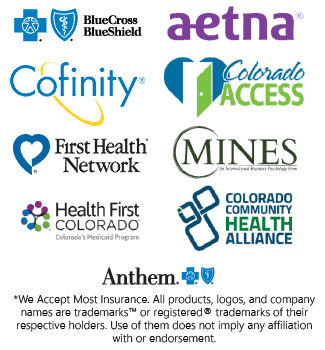Federal Privacy Laws Governing Virtual Addiction Treatment
A complex web of federal privacy regulations protects individuals seeking virtual addiction treatment services, with the Health Insurance Portability and Accountability Act (HIPAA) and 42 CFR Part 2 serving as the primary safeguards.
These regulations establish strict HIPAA compliance requirements for healthcare providers offering virtual addiction treatment, including secure video platforms, encrypted messaging systems, and protected electronic health records. Under telehealth regulations, providers must implement thorough security measures to prevent unauthorized access to client information during remote sessions, while maintaining the same level of confidentiality as in-person treatment.
The federal framework also mandates specific consent procedures, requiring providers to obtain written authorization before sharing treatment information with other healthcare entities, insurance companies, or family members, even in virtual settings.
Security Measures and Technical Safeguards in Telehealth Platforms
Building upon the federal privacy requirements, telehealth platforms must incorporate multiple layers of technological security measures to protect sensitive client information during virtual addiction treatment sessions. These platforms implement robust encryption standards that safeguard data both during transmission and storage, ensuring that therapeutic conversations and clinical records remain confidential and secure from unauthorized access.
Access controls represent another critical security component, requiring multi-factor authentication and role-based permissions that restrict system entry to authorized healthcare providers and clients. Additional technical safeguards typically include:
- End-to-end encryption for video sessions
- Secure data centers with redundant backups
- Automated timeout features for inactive sessions
- Regular security audits and vulnerability assessments
- Detailed activity logs to monitor system access
- HIPAA-compliant messaging systems
Patient Rights and Provider Responsibilities in Digital Care Settings
The foundational rights of individuals seeking virtual addiction treatment extend beyond traditional healthcare settings, encompassing unique considerations specific to digital care environments, while providers must fulfill heightened responsibilities to guarantee these rights are protected.
Healthcare providers delivering virtual addiction services must obtain explicit client consent before initiating treatment, clearly explaining how personal information will be collected, stored, and utilized within digital platforms. Their ethical obligations include maintaining appropriate professional boundaries in virtual spaces, ensuring accurate documentation of remote sessions, and establishing clear protocols for emergency situations. Additionally, providers must inform clients about their right to terminate virtual services, request alternative treatment modalities, and access their digital health records, while simultaneously educating them about the inherent limitations and risks associated with telehealth addiction treatment.
















